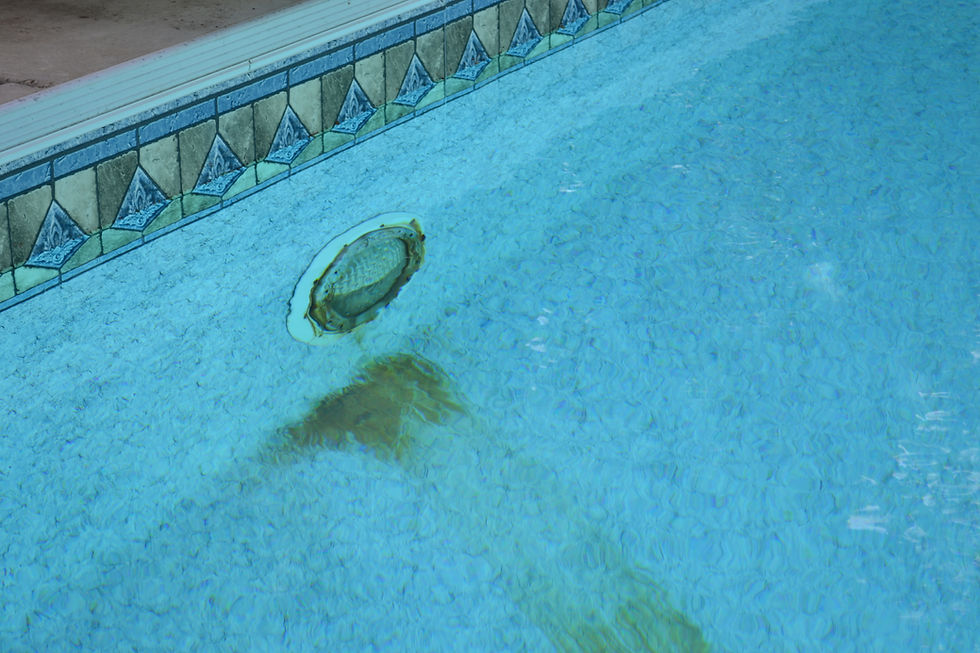5 Ways to Make Your Pool Safer for Kids
- Gabby Pugliese

- Apr 1, 2021
- 2 min read
While owning a pool can provide entertain and relaxation for kids and adults, it also comes with a lot of responsibility. According to the Consumer Product Safety Commission, 300 children under five years old drown each year in backyard swimming pools. This statistic can be difficult for families to hear, but the good news is that drowning incidents are preventable! Below are some ways you can childproof your pool so you can stay worry free all summer.
Block Access
The best way to ensure pool safety is to block access. By having safeguards in place, you are protecting your own children from danger and making sure your pool doesn't pose a risk to neighborhood kids. One way to do this is with a fence. Some communities require that your pool be surrounded by a fence with a lockable gate by law. If your community does not require this, consider a self-closing and latching gate that keeps children away from the pool. Another option is an automatic cover. With the flip of a switch, an automatic safety cover will create a barrier over your pool that no child can penetrate!

Install Alarms
The next best way to ensure your pool stays safe is to know when someone has jumped (or fallen) in. An alarm on your pool fence will tell you when someone is near the pool, but there are two types of alarms you can install on the pool itself. The first is a wave alarm. This alarm will sound when a person or object falls into the water by sensing the waves in the pool. The downside to this alarm is that it is very sensitive and can give lots of false alarms. There is also light alarms. These shoot a beam around the water's perimeter and if that beam is broken, the alarm sounds.

Keep Pool Equipment and Chemicals Locked Away
You should make sure that your pool heater, filter, and other equipment are stored behind sturdy fencing. your pool also requires chemicals such as chlorine and other treatments that can be dangerous to children. These items should never be left out in the open in case a child was to inadvertently drink or possibly even burn themselves.

Swimming Lessons
Swimming lessons are a great option for young kids. Participation in formal swimming lessons is associated with an 88% reduction in the risk of drowning in 1-to-4-year-old children. For children of all ages, you should look for programs that have experienced and qualified instructors; teach good safety habits in, on, and near water; teach what to do if they end up in water unexpectedly; let you watch a class to see first-hand if it is right for your child; and require multiple sessions.

Educate Family and Friends
Pool safety is not confined to one single activity. Every pool owner should make a good effort to educate and inform everyone in their family (or anyone who may be swimming in their pool) about the do's and don'ts of the pool. Have a conversation with adults about supervising the pool when children are around and inform children of the dangers of their pool when they swim unattended. This will help ease your mind and keep your summer worry free!





Kaiser OTC benefits provide members with discounts on over-the-counter medications, vitamins, and health essentials, promoting better health management and cost-effective wellness solutions.
Obituaries near me help you find recent death notices, providing information about funeral services, memorials, and tributes for loved ones in your area.
is traveluro legit? Many users have had mixed experiences with the platform, so it's important to read reviews and verify deals before booking.